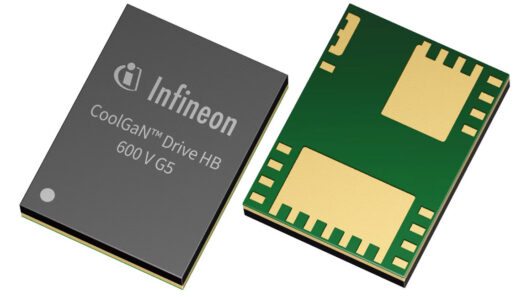In a position paper posted, the DSA has urged the Council of Ministers and the European Parliament to ensure that the valuable resource of spectrum is being put to the best and most efficient uses to extend Internet connectivity for European citizens.
Commenting as the two EU institutions reach the closing stages of the legislative process, the DSA strongly supports the proposals which would empower spectrum managers to re-allocate unused or under-utilised spectrum. Maximising the availability of spectrum is crucial for enabling the additional capacity and Gigabit speeds needed to meet the connectivity demands of new technologies and bandwidth-hungry applications.
“The sharing and efficient management of spectrum is at the heart of the DSA’s mission. Now the Council and Parliament are seeking a common position during ‘trilogue’ negotiations, we want to publicly support the Council’s approach to spectrum sharing and the empowering of national authorities to reallocate underused spectrum,” said Kalpak Gude, President of the Dynamic Spectrum Alliance.
“Developments with the EECC also played a huge part in our decision to bring next year’s DSA Global Summit to the UK’s capital city, London,” said Gude.
The draft EECC provides the opportunity to make it easier for national spectrum authorities to reallocate spectrum which is being under-used, in Articles 19(2) and 45(3). While the Parliament’s amendments would sensibly broaden the ability of a regulator to restrict and withdraw spectrum rights, the overall impact of their approach would be to make it much harder for spectrum authorities to repurpose spectrum.
The draft Code gives more prominence to spectrum sharing as a tool for making more efficient use of spectrum while protecting incumbents. However, the DSA warns that the Parliament’s approach (in Article 46(2) and Recital 113a) would weaken these significant provisions, raising barriers to the sharing of spectrum.
The DSA also shares concerns over the potential introduction of minimum 25 year license terms, a period which would span multiple technology life cycles.
Commenting on the new proposed license terms, Gude continued: “Such long term licenses will delay the use of new and more efficient technology when it becomes available. Lengthy license terms inherently risk constraining competition and stifling innovation. They are also damaging – greatly restricting the flexibility of national authorities to keep pace with the rapid advances of technology and evolving customer demand.”
As the lawmakers seek a compromise, the DSA advocates a middle ground which would avoid introducing legally-sanctioned and dangerously long license lengths and, instead, emphasise flexible licensing policies.







